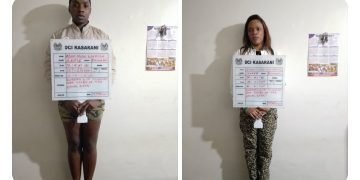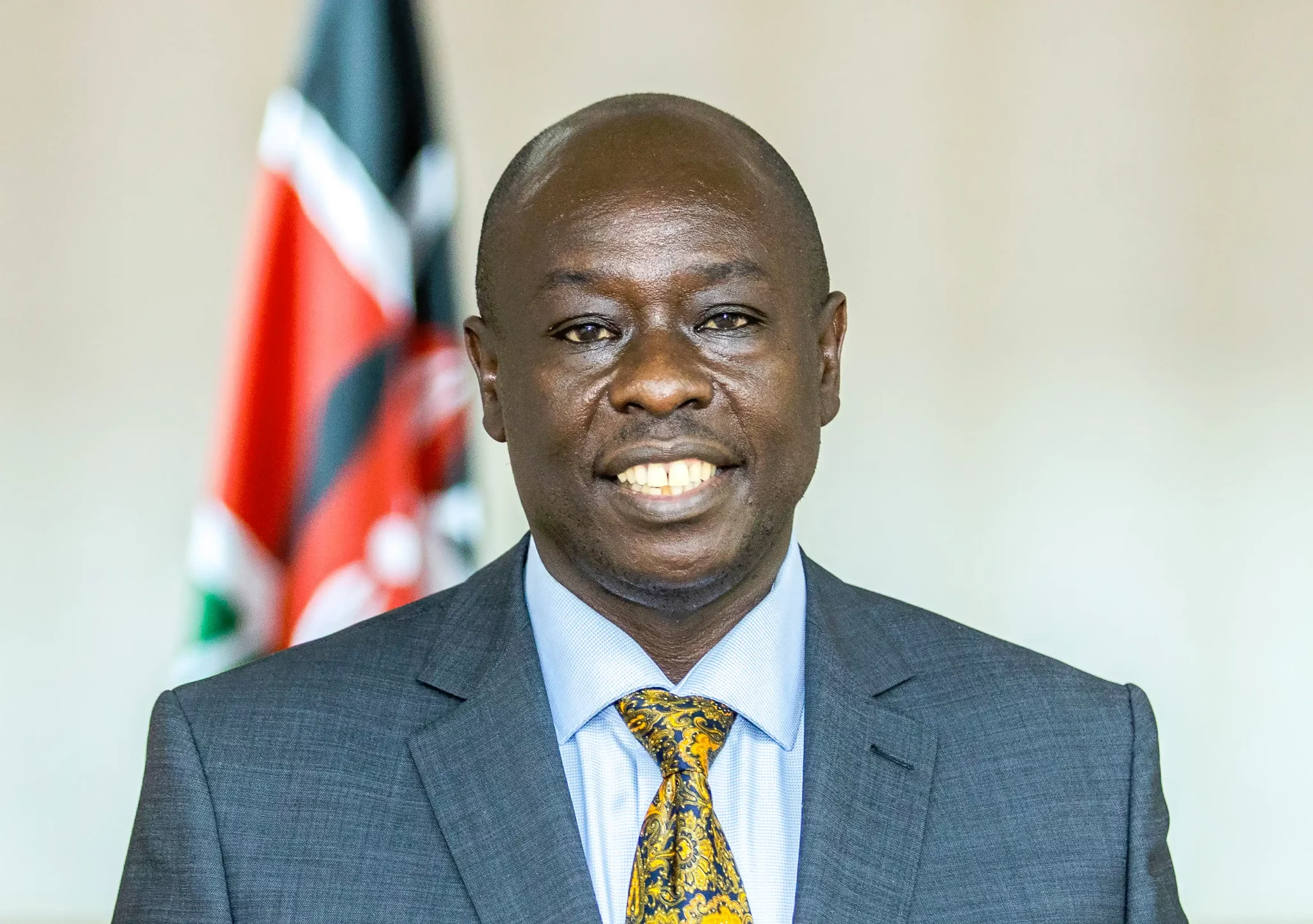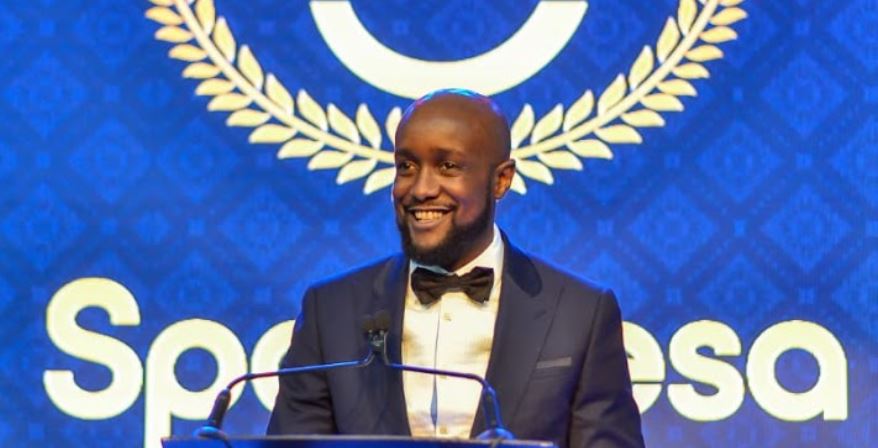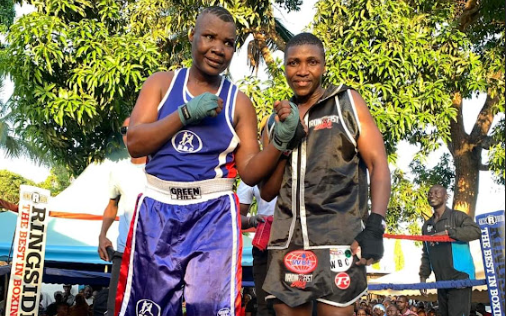When the brand was held by Pevans East Africa, SportPesa achieved a net profit of Sh12.9 billion for its owners in Kenya in its first five years of operation, indicating the rich gains in sports betting.
Pevans launched SportPesa in 2014, earning Sh44.2 million in profit. The following year, earnings increased to Sh1.6 billion, before peaking at Sh6.2 billion in 2016.
The company’s net income fell to Sh2 billion in 2017 before rising to Sh2.8 billion in 2018 – its final full year of business before losing its license due to a large tax demand from the Kenya Revenue Authority (KRA).

In a legal lawsuit filed by Asenath Wachera Maina, who wants the court to confirm Pevans as the owner of the popular SportPesa brand, the company’s performance from 2014 to 2018 has been disclosed.
In October 2020, Milestone Games, a firm founded by a group of Pevans founders, resurrected the SportPesa betting brand, which Mrs Maina accused of fraudulently transferring the trademark to the new company.
Milestone’s success is unknown to the general public, although Pevans’ historical results indicate huge profits that belie the fierce competition for the SportPesa brand.
The High Court has temporarily barred Milestone from using the SportPesa brand, in which Ronald Karauri owns a controlling share.
The parties are set for a hearing of the dispute on May 31, according to the orders issued by Lady Justice Dorah Chepkwony.
In the five years, Pevans raked in cumulative revenues of Sh228.4 billion from the bets placed. The company also spent a total of Sh4.4 billion on marketing over the period.
Its average net margins stood at about 5.6 percent. The KRA has, however, argued in court that the company exaggerated its costs to pay less tax.
Pevans ceased operations following the cancellation of its operating licence in July 2019 over unpaid taxes and penalties, which the taxman last computed at Sh95 billion.
SportPesa is the most popular brand in the lucrative sports betting industry.
The gaming platform is estimated to have a loyal customer base of 12 million in Kenya who placed bets worth Sh150 billion in 2018 alone.
Betting firms, the KRA and mobile money operators – whose platforms are used to fund the bets — are the biggest beneficiaries of the gambling craze that has become a national pastime.
The sports betting companies pay out part of the value of the bets placed as winning to lucky punters. The taxman also takes a cut of the bets besides income taxes on the betting firms.
Betting is popular among many young people who, besides seeing it as a game-like thrill, see an opportunity to make quick money.
Results released by Safaricom show that Kenyans spent Sh169.1 billion to place bets through M-Pesa in the year to March.
The disclosures show that the value of bets jumped 23.8 percent from Sh136 billion a year earlier, defying a government clampdown on gambling through the imposition of higher taxes both on the companies and punters.
Betting is now the second-largest business line by revenue under M-Pesa’s business payments after business-to-consumer (B2C), which generated sales of Sh11.4 billion in the year to March.
The full scale of gambling in the country is unclear but the bets funded from M-Pesa accounts are expected to represent the majority of the activity given the platform’s dominance in personal payments.
The list of betting firms licensed for the year ending June published by the Betting and Licensing Control Board (BCLB) shows the number had increased to 100 from 76 in a similar period a year earlier — reflecting a 31.5 percent growth.
The government reintroduced excise duty on betting stakes to 7.5 percent, which means it first takes Sh7.50 for every Sh100 a gambler places as a bet irrespective of winnings.
It also takes 20 percent on winnings and levies additional taxes on the betting firms in efforts meant to make gambling unattractive.
The government has sought to tax punters more as a means of raising revenue and discouraging gambling. Punters could soon pay a fifth or 20 percent of the cash they have set aside in their wallets for betting in a proposed change to the excise duty taxes.
This will raise it from the current rate of 7.5 percent taxed on cash wagered on betting, gaming, prize competition and buying lottery tickets.










































